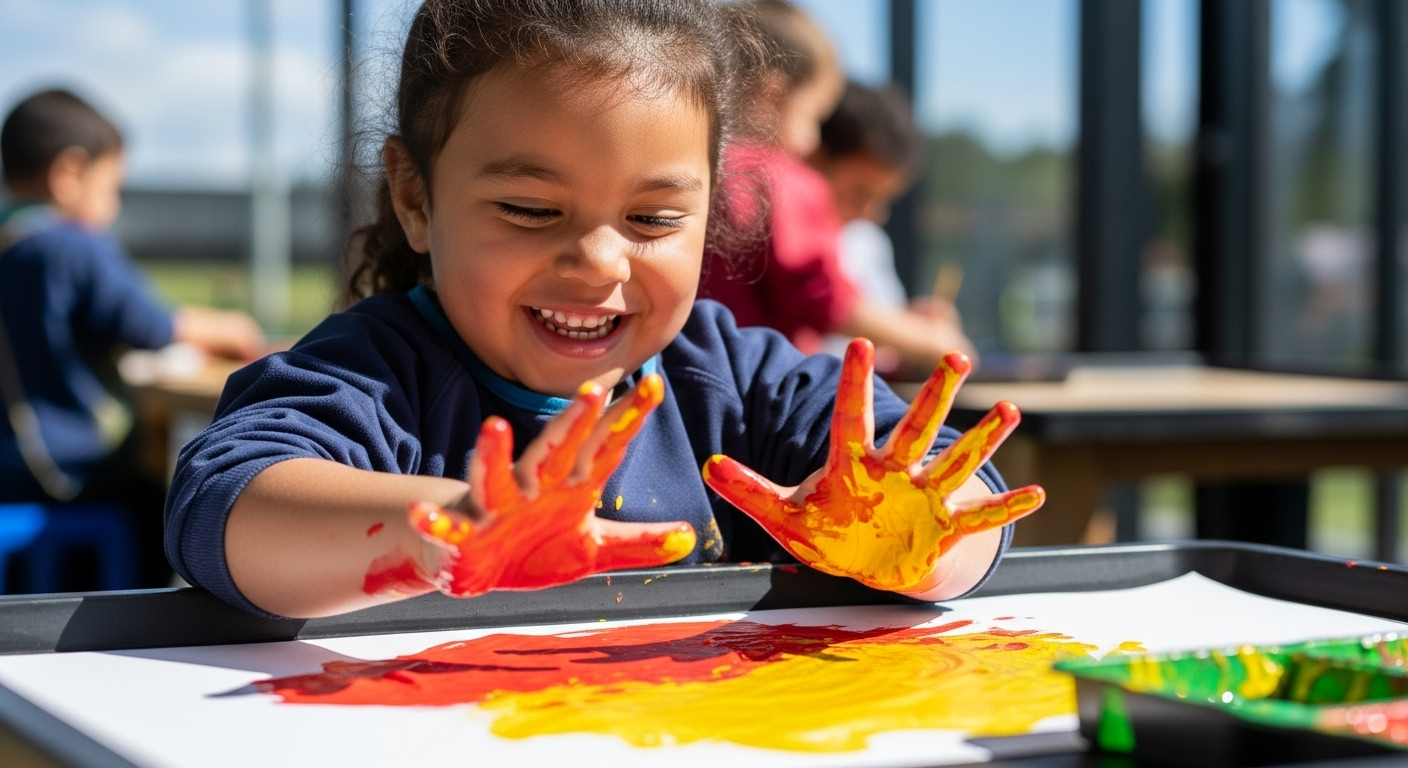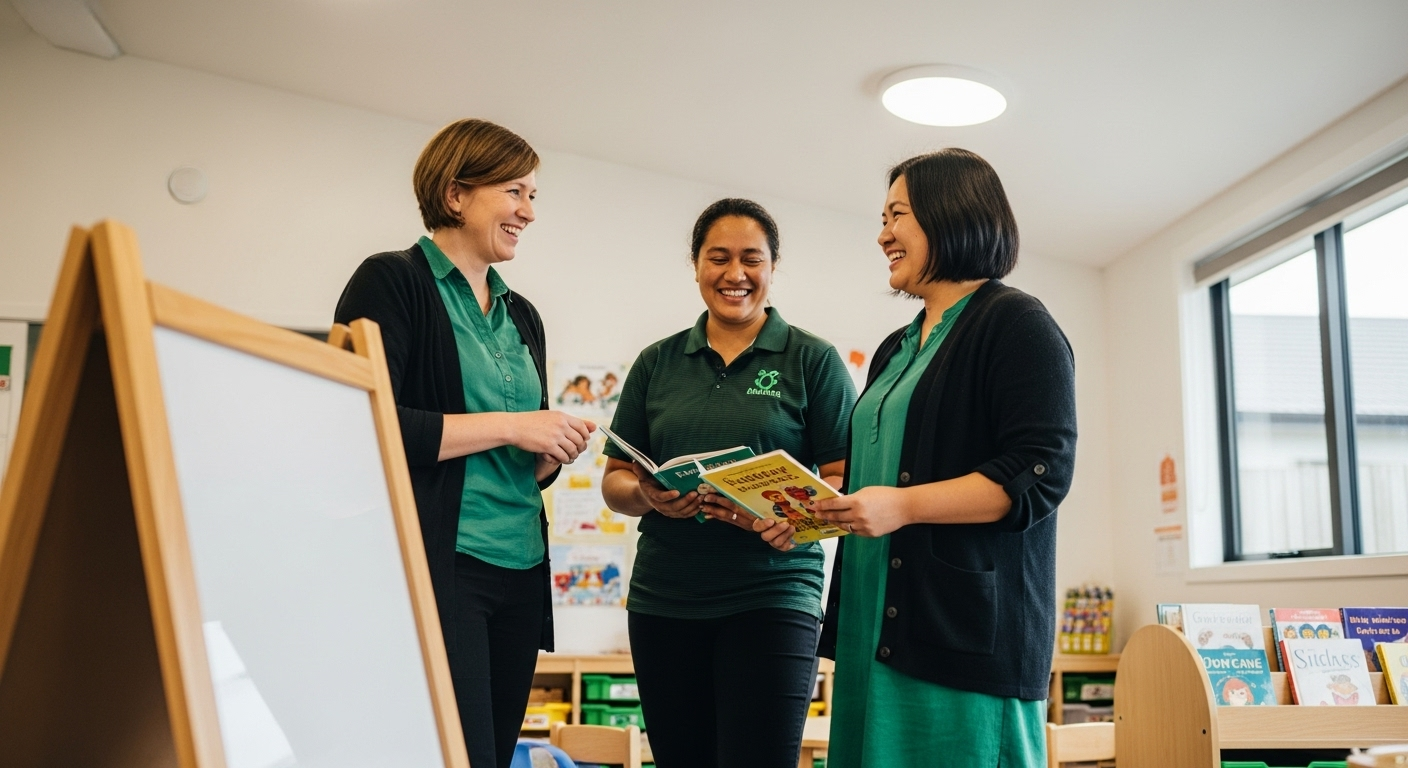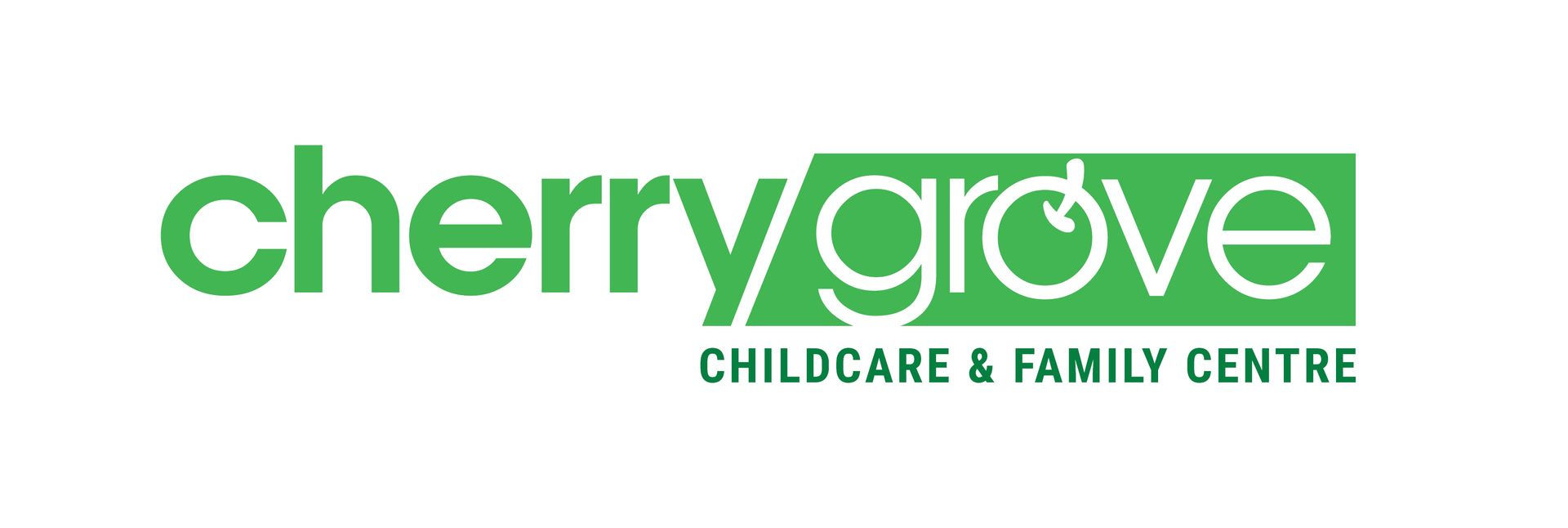Beyond Play: The Heart of New Zealand's Early Childhood Education Framework
A Parent's Guide to Early Childhood Education (ECE) in Hawke's Bay
Key Takeaways
- Early Childhood Education (ECE) is more than childcare; it's a structured learning foundation based on New Zealand's Te Whāriki curriculum.
- A play-based philosophy uses intentional activities guided by qualified teachers to foster critical skills like problem-solving, creativity, and language development.
- Qualified kaiako (teachers) are essential for identifying and supporting developmental needs, helping prepare children for school success.
- The 20 Hours ECE government scheme is available for all children aged 3 to 5, helping make quality education more accessible for whānau.
Choosing an early learning centre for your child is one of the most important decisions you’ll make as a parent. Here in Hawke’s Bay, you have many options, and it can be hard to know what to look for beyond a safe and caring space. We believe that the best early childhood education (ECE) is a partnership between our centre and your whānau, built on a shared understanding of what helps young children thrive.
It’s about creating more than just a place for your child to be; it’s about building the foundations for a lifetime of curiosity, confidence, and learning. This isn't a small task, and it's part of a significant national commitment. In fact, the preschool education sector in New Zealand is a cornerstone of our communities, projected to generate a revenue of $2.1 billion by 2025.
What is Early Childhood Education, Really?
At its heart, Early Childhood Education is a formalised approach to learning and development for tamariki (children) from infancy until they start school. In Aotearoa New Zealand, this is guided by a world-class national curriculum called Te Whāriki. Te Whāriki isn't a rigid set of rules, but a framework that empowers educators to nurture each child's unique potential. Its vision is simple yet powerful: to help children grow as "competent and confident learners and communicators, healthy in mind, body, and spirit."
This focus on quality early learning is a national priority. Government data shows that prior participation in ECE is consistently high, reflecting a widespread belief in its benefits. Between 2011 and 2021, attendance grew significantly for Māori children from 91% to 94% and for Pacific children from 86% to 93%, showing a strong commitment to equitable access across New Zealand.

The Power of Play: De-mystifying Our Learning Philosophy
When you hear "play-based learning," what comes to mind? For many, it sounds like unstructured fun. While it is fun, it's also one of the most effective ways for young children to learn. Our play-based programme is intentional, purposeful, and guided by our skilled kaiako (teachers).
Think about it:
- When a toddler stacks blocks, they're not just playing; they're exploring gravity, balance, and spatial reasoning.
- When a group of children create a pretend café, they're developing social skills, learning to negotiate, and expanding their vocabulary.
- When a child engages in messy play with paint or clay, they're building fine motor skills and expressing their creativity.
This is Te Whāriki in action. Our role as educators is to create a rich environment full of these opportunities, observe your child’s interests, and gently guide their exploration to deepen their learning and knowledge.

Why Qualified Kaiako (Teachers) Make All the Difference
A beautiful environment and great toys are wonderful, but the true heart of a quality ECE programme is its people. Having a passionate and qualified teaching team is non-negotiable. Our kaiako are trained not just to care for children, but to recognise and respond to their learning cues, celebrate their achievements, and support them through challenges.
The importance of this expertise cannot be overstated. A recent report from the Education Review Office (ERO), the government agency that reviews schools and early learning services, highlighted a critical issue. It found that one in five children in New Zealand are struggling with their oral language development when they start school. This can have a huge impact on their ability to make friends, learn to read, and succeed in the classroom. A quality ECE centre with experienced teachers is the first line of defence. Our team is skilled at creating a language-rich environment, modelling conversation, telling stories, and singing songs—all proven ways to build a child’s vocabulary and communication confidence.
Who Qualifies for 20 Hours ECE?
All children in New Zealand aged three, four, and five years old are eligible for the 20 Hours ECE government subsidy. This is a fantastic initiative designed to make early childhood education more accessible for every whānau, regardless of income. The subsidy covers up to six hours of care per day, to a maximum of 20 hours per week. You don't need to be working or meet any income criteria to be eligible.
Each ECE service applies this subsidy differently. Some may offer specific morning or afternoon sessions that are fully covered, while others may apply it as a credit towards your total fees. Costs can vary between centres, so we always recommend having a clear conversation about how fees work and what, if any, optional charges might apply.
Choosing a Partner in Your Child’s Journey
We see ourselves as more than just an early childhood centre; we are partners with you in your child’s learning journey. Our commitment is to provide a nurturing, stimulating, and safe space where your child is respected as a unique and capable individual. We embrace the principles of Te Whāriki every day, fostering the skills and knowledge that will prepare your child not just for school, but for life.
We believe the best way to understand our approach is to see it for yourself. We warmly invite you and your whānau to get in touch to learn more about our programme and how we can support your child’s incredible journey of discovery.

